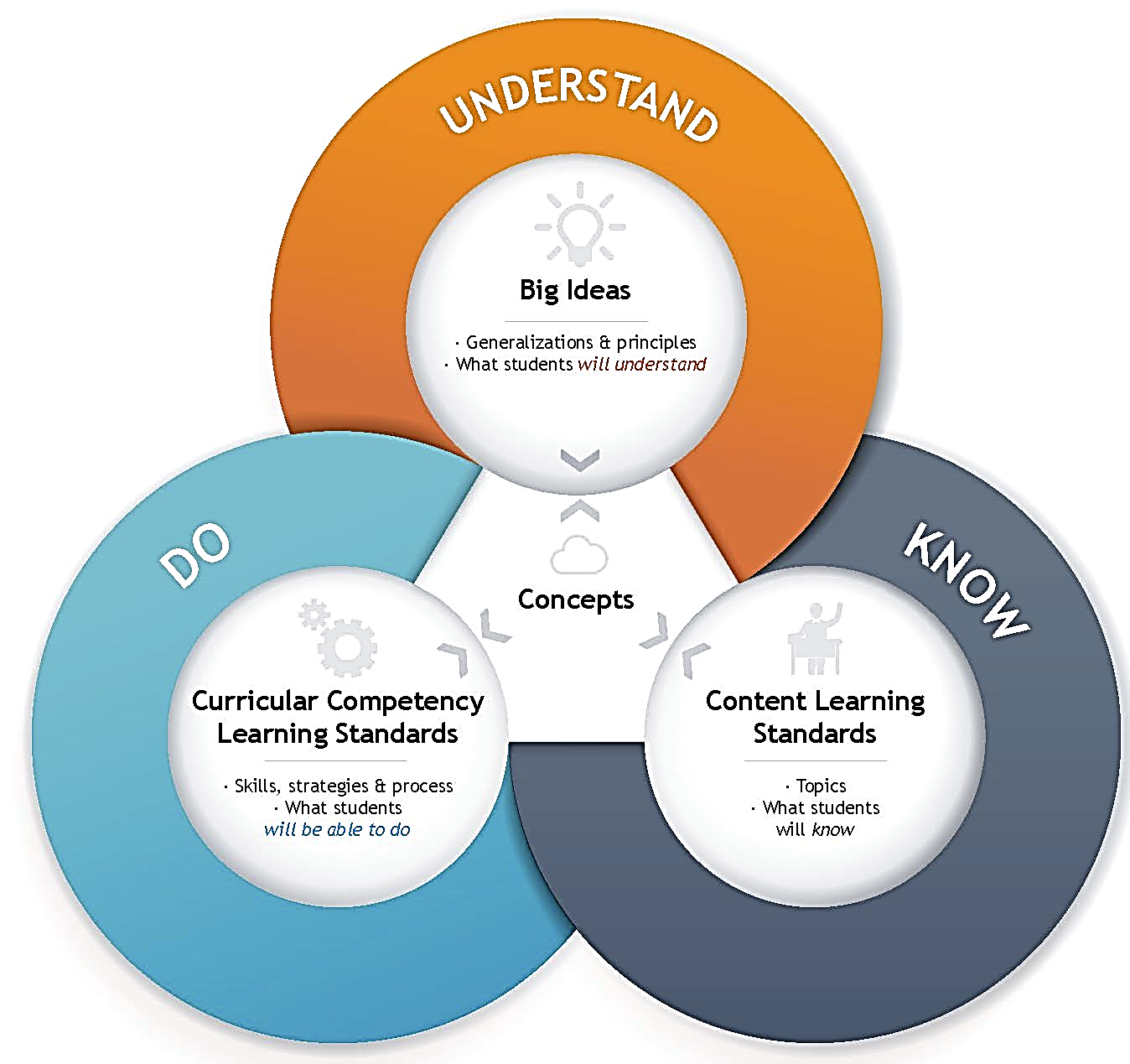In his book, Outliers, Malcolm Gladwell made the case that hard work, specifically over 10 000 hours of hard work, was needed to become an expert in something. Practice, not inherent talent he argued, is the source of success and mastery.
Of course, Olympic athletes don’t just put in the requisite +10 000 hours; they put in thousands of carefully planned often grueling hours and receive no shortage of feedback along the way to ensure the hours are quality hours. Time is not enough; that time needs to be used carefully.
The same is true of learning. At the simplest level, the BC Ministry of Education has articulated learning as what students “know, understand and do.” The “do” portion of the curriculum includes subject-specific skills (i.e. the scientific method) as well as three Core Competencies (Communication, Thinking and Personal and Social) that apply in all grades and in all subject areas; indeed, in life generally. The Ministry has identified these Competencies as being core to student success in all areas of life.
Similar to an Olympic athlete practicing backstroke, students practicing the Competencies must do so carefully. It is not enough for students to simply put in the time practicing various facets of communication, they must try their best, act on feedback, and take advantage of the learning opportunities offered. Doing one’s best requires what at BICS we call Learning Character. Learning Character consists of four characteristics that are essential for students to make their practice count: Responsibility, Openness, Ambition, and Resilience. Over the coming years, our school will focus both on the Competencies and also on the character traits that underlay practising the competencies to the best of students’ abilities.
Beginning in April of the last school year, BICS educators and two parents from the Parent Advisory Council began crafting a school goal that would become our Framework for Enhancing Student Learning, a planning document that will set the direction for our school for the next three years. This Framework is in progress and will be shared with BICS families near the end of October.
We identified many attributes of learning character that are needed for a student to be successful and agreed to the four previously mentioned as being a particular focus. To ensure those 10 000 hours are quality, a level of ownership and discipline (Responsibility) is essential, a high level of curiosity and seizing and creating learning opportunities is needed (Openness), understanding progress and setting and refining lofty goals (Ambition) is required, and because setting lofty goals guarantees challenges and hard work, Perseverance is necessary.
Over the coming months, I will explain the concept of Learning Character and our BICS Model ROAR in several blog posts. More importantly, however, I hope that you will see in your children that they understand the concept of Learning Character, that they can teach you what it means to them, and that they show it to you. BICS recognizes that similar to other aspects of character, the development of a students’ learning character is one we share with families. It is our hope, and it is our goal, that we can support students to develop their learning character so that they can make the most of their learning, in school and beyond, to realize their potential wherever their passions and purpose lead.

Recent Comments